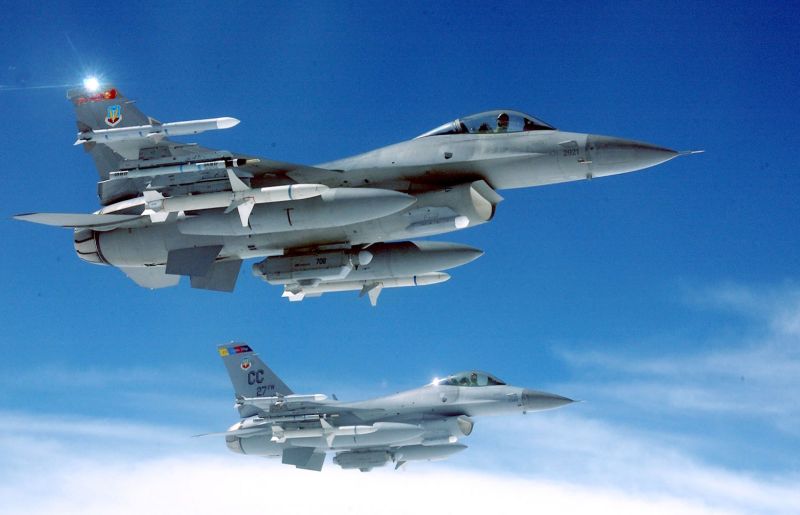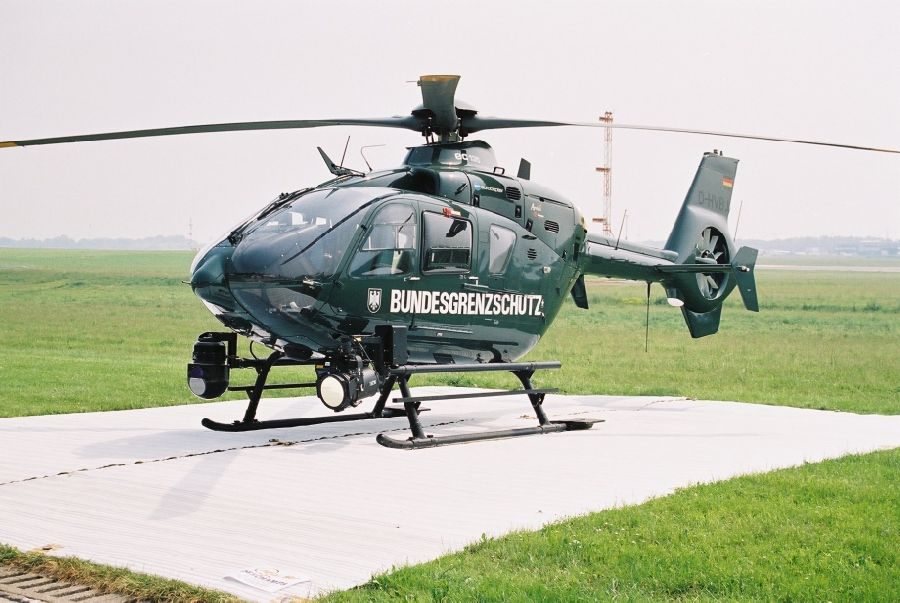Taiwan has put into service a US-made billion-dollar early warning radar system capable of giving more than six minutes’ warning of a Chinese missile attack, a senior officer said Sunday.
The radar, on top of a mountain in the northern county of Hsinchu, started providing surveillance information after a ceremony presided over by the chief of the general staff, air force General Yen Ming, on Friday.
“The radar is able to provide us with more than six minutes’ warning in preparation for any surprise attacks,” air force Lieutenant General Wu Wan-chiao told AFP.
The Liberty Times newspaper said the phased array warning system, which cost Tw$40.9 billion ($1.38 billion), is capable of detecting flying objects up to 5,000 kilometres (3,100 miles) away.
“The system enabled Taiwan to have comprehensive surveillance controls when North Korea launched a rocket in December and the mainland tested its anti-missile system lately,” it quoted an unnamed military officer as saying, speaking of the radar’s trial runs since late last year.
Critics say the radar is too costly given that it will only provide an additional few minutes of warning, and would itself be vulnerable to any Chinese missile attacks.
However, analysts say the system — which could be accessed by the United States with Taiwan’s approval — highlights Taipei’s position as a strategic ally of Washington despite a lack of diplomatic ties.
“Through the sharing with the United States of the information it collects from the radar system, Taiwan becomes a critical link in the US strategic defence network in the region,” said Kevin Cheng, editor-in-chief of the Asia-Pacific Defence Magazine in Taipei.
“This is more important than the extra few minutes the system may give.”
Taiwan decided to buy the costly system from the United States following the 1995-1996 missile crisis, when China carried out ballistic missile tests in waters off Taiwan to try to intimidate the island before its first direct presidential elections.
“This is the most advanced system of its kind in the world… it is crucial as the Chinese communists are aiming more than 1,000 ballistic missiles at Taiwan,” Chao Shih-chang, then deputy defence minister, told parliament in 2011, adding it was also capable of detecting cruise missiles.
Ties between Taipei and Beijing have improved markedly since Ma Ying-jeou of Taian’s China-friendly Kuomintang party took over the presidency in 2008. He was re-elected in January 2012 for a second and last four-year term.
But Beijing still sees the island as part of its territory awaiting reunification, by force if necessary, even though Taiwan has governed itself since the end of a civil war in 1949.











